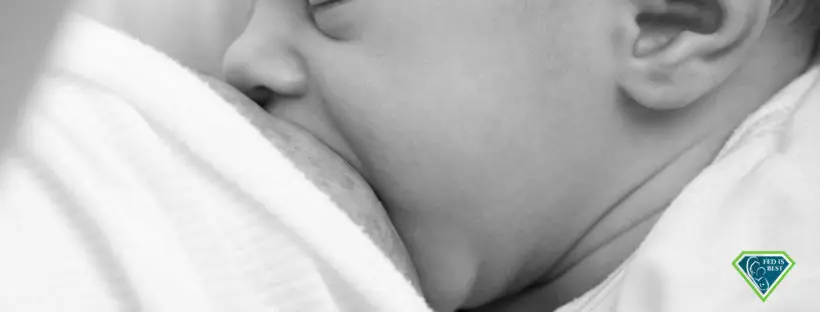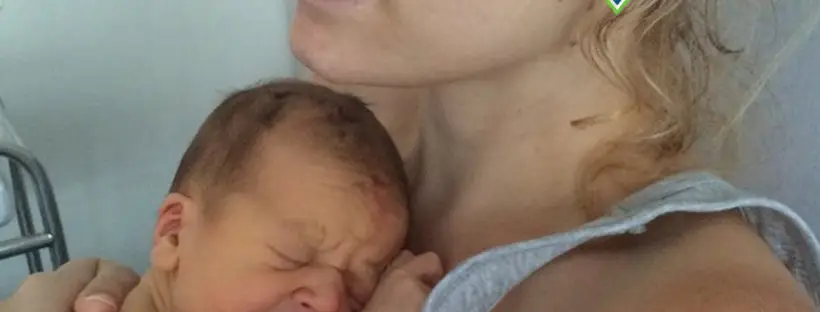Jenn T.
My son was born on February 18, 2019. He was 6 lbs 10 oz and had a little trouble regulating his temperature at birth. But after 24 hours, he was okay. I was always told breast was the best way to go. I never breastfed my 9 year old so this was my first experience with it.
My son had latching issues at first and it caused major pain and bleeding. But after latch correction and using nipple shields, the pain dissipated. When we left the hospital, my son weighed 6 lbs (9.3 percent weight loss) and at his checkup the next day, he had gained half an ounce.
At home I was feeding straight from my breasts, every time. My son was content and seemed happy. He smiled and was great the entire time, so I thought. I didn’t pump to see how much milk I had because the hospital where I delivered told me pumping in the first 6 weeks could cause confusion for the baby with latching.
Now fast forward to when he was 21 days old. He had his three week checkup and he was extra sleepy that morning. When we got to the doctor, and not only did he lose weight, (down to 5.5 lbs), but he also had a temperature of 92 degrees. He was hypothermic! So they sent us urgently to the children’s hospital in Nashville. Continue reading




